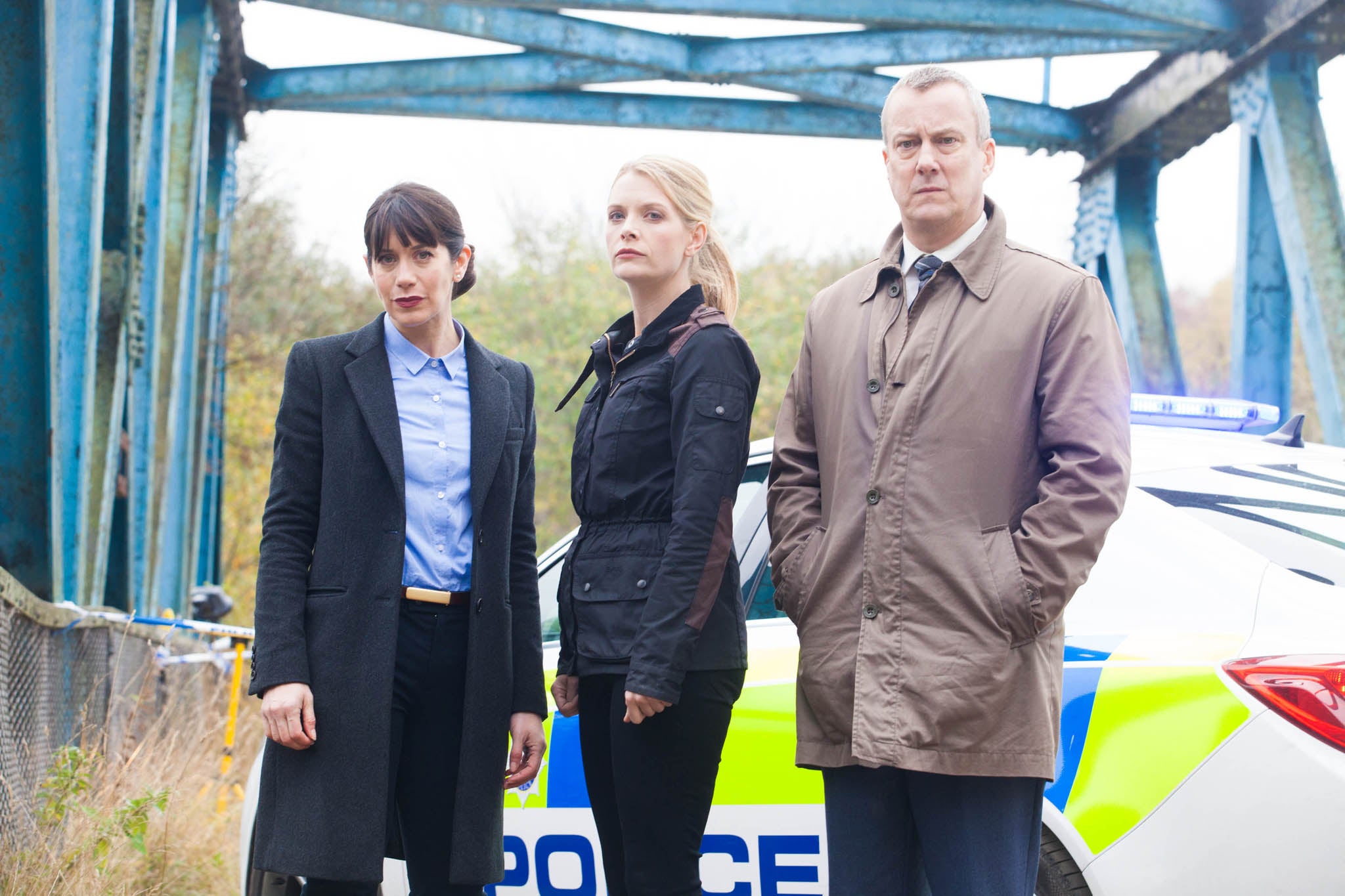DCI Banks review: Stephen Tompkinson's glum Yorkshire detective is a far cry from Broadchurch
Episode one of the new series played it safe, but at least this ITV drama has a winning formula

Your support helps us to tell the story
From reproductive rights to climate change to Big Tech, The Independent is on the ground when the story is developing. Whether it's investigating the financials of Elon Musk's pro-Trump PAC or producing our latest documentary, 'The A Word', which shines a light on the American women fighting for reproductive rights, we know how important it is to parse out the facts from the messaging.
At such a critical moment in US history, we need reporters on the ground. Your donation allows us to keep sending journalists to speak to both sides of the story.
The Independent is trusted by Americans across the entire political spectrum. And unlike many other quality news outlets, we choose not to lock Americans out of our reporting and analysis with paywalls. We believe quality journalism should be available to everyone, paid for by those who can afford it.
Your support makes all the difference.Perhaps now is the time, in the light of the subplot snarl that was the second series of Broadchurch, to re-evaluate shows like DCI Banks.
Stephen Tompkinson’s glum Yorkshire detective returns for a fourth series, based on Peter Robinson’s Inspector Alan Banks novels, and the chances are we’ll see his forlorn jowls for a fifth. While Broadchurch tried to break the mould, DCI Banks is happy to follow a familiar formula. Slow and steady wins the race?
Detective dramas are constantly under pressure to reinvent the wheel, to provide the audience with new and exciting tricks to marvel at and to come up with unique vices for its jaded cops to wrestle with. Alcoholic coppers are the norm, gambling addict cops have been done and bent bobbies are two a penny. We’ve had detectives with supercomputers for brains (Sherlock), detectives who wear Christmas jumpers (The Killing), detectives with heart defects (Broadchurch) and, bafflingly, schizophrenic detectives (the execrable Perception). We’ve even had gardening detectives (Rosemary and Thyme) which surely only saw the light of the day following a drunken bet between two TV execs.
Let us then take our hats off to Alan Banks, who has almost no character traits beyond being quite a nice bloke and having a bit of a crummy time. DCI Banks is even shot in the most unremarkable way. There’s nothing shiny or grimy about it, nothing hi-tech nor nothing gritty, just Tompkinson and his disappointed face like a depressed bag of flour shuffling about council estates in Leeds. Occasionally his heart is broken or, as on this occasion, a loved one dies, but Banks resorts to nothing more than shrugging and getting on with it. The show doesn’t even make a virtue of his stoicism. He isn’t even that stoic.
What works well for DCI Banks is that the police investigating the various crimes are simply doing their jobs, rather than indulging in a personal crusade that will involve them facing and then slaying their demons. On this occasion Banks and his team were puzzling over the murder of a young Estonian woman, who was herself investigating the disappearance of her ne’er-do-well sister. As always DS Cabbot (Andrea Lowe) was nice to suspects and witnesses, while DI Morton (Caroline Katz) was a bit mean to them, as the investigation took them from nail bars to the Estonian Social Club in Castleford (who knew?).
DCI Banks is not ground-breaking, and the dialogue does from time to time veer into ‘daytime TV let’s-recap-the-plot talk’, but after spending eight weeks watching Olivia Colman and David Tennant do the TV drama equivalent of cleaning the Augean stables, it was nice to watch a detective drama that made sense and was sure of itself. DCI Banks is a safe pair of hands, and that’s not such a bad thing.
Join our commenting forum
Join thought-provoking conversations, follow other Independent readers and see their replies
Comments